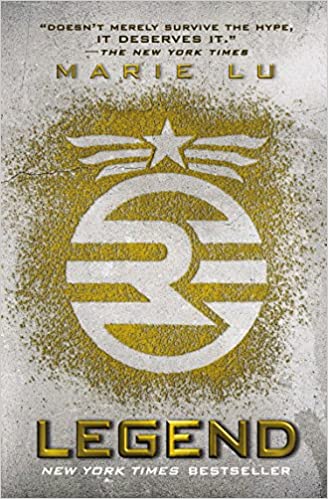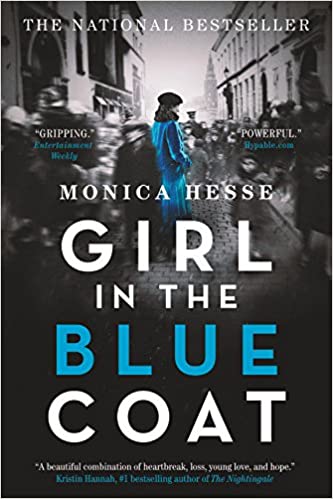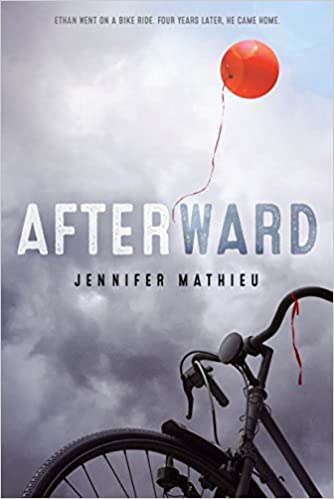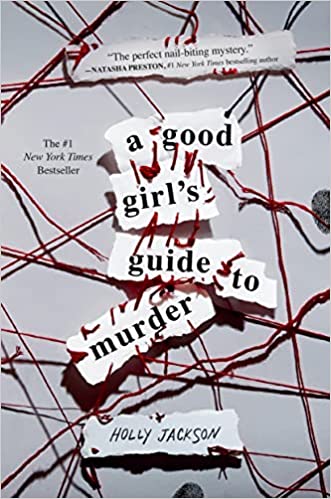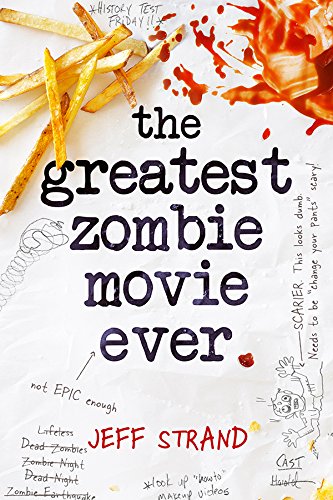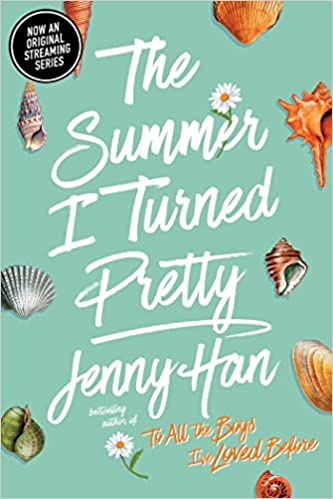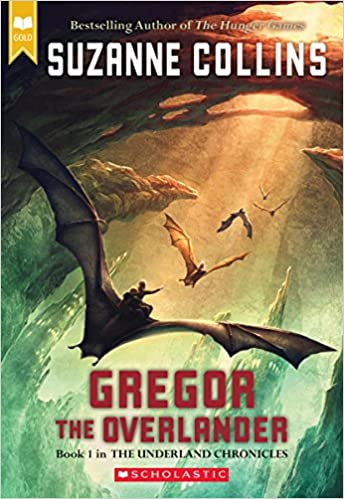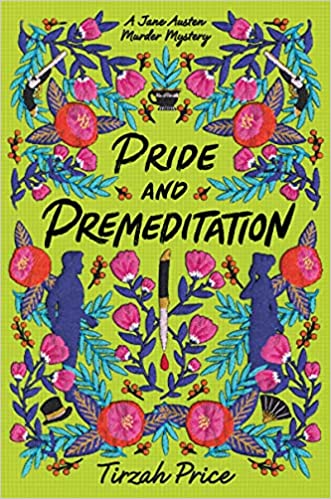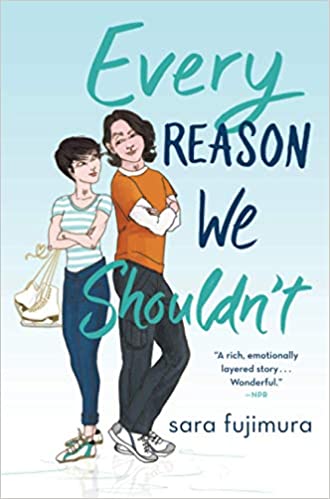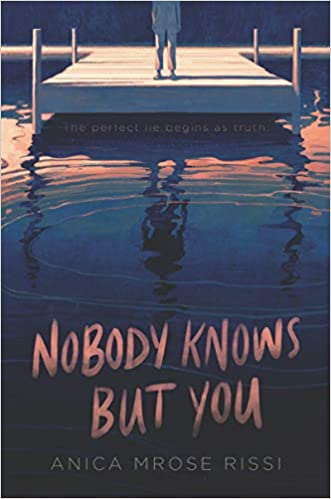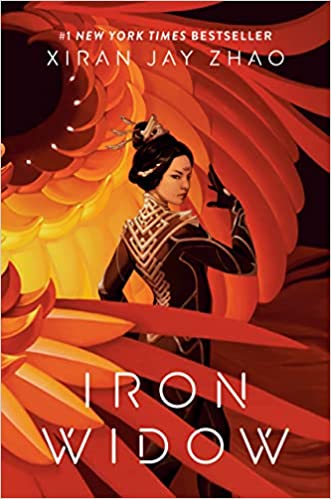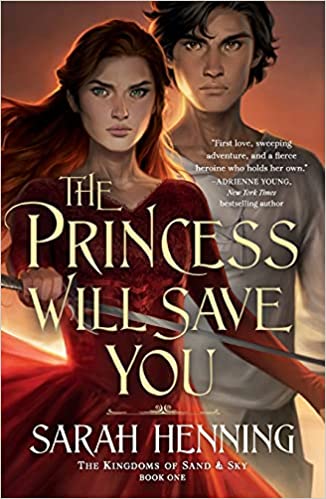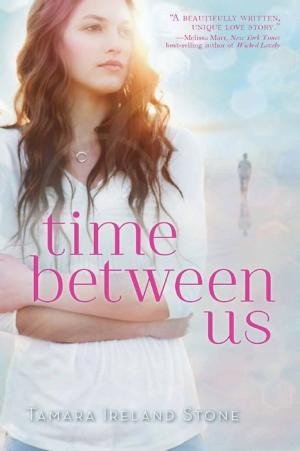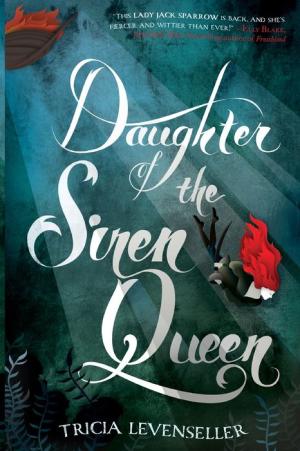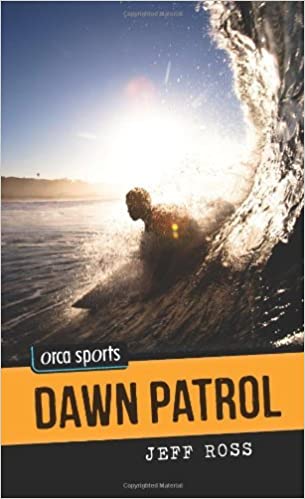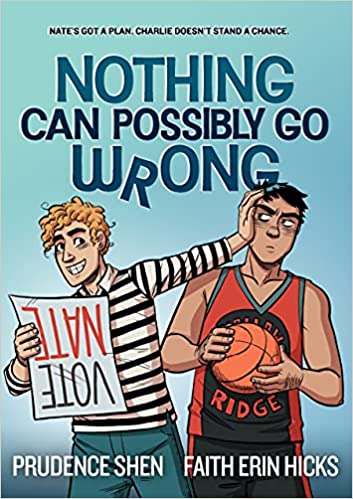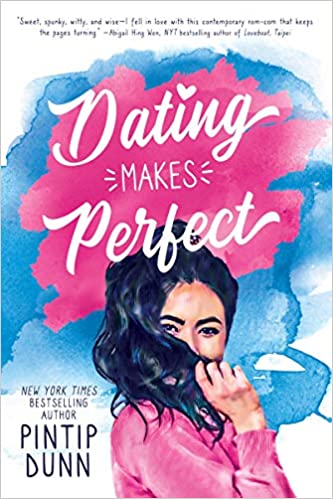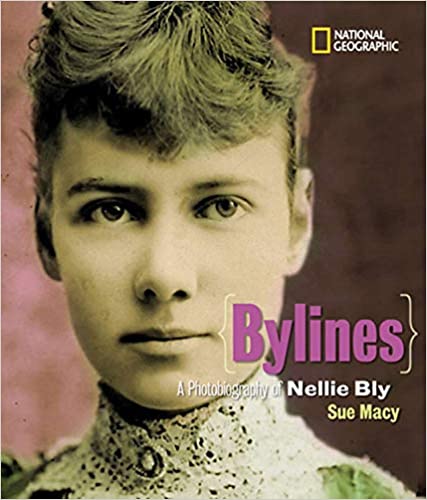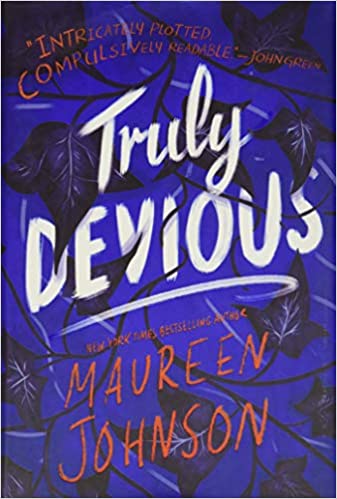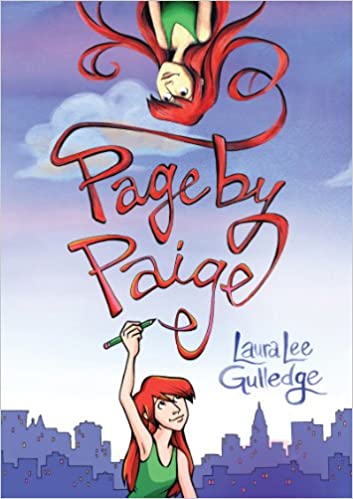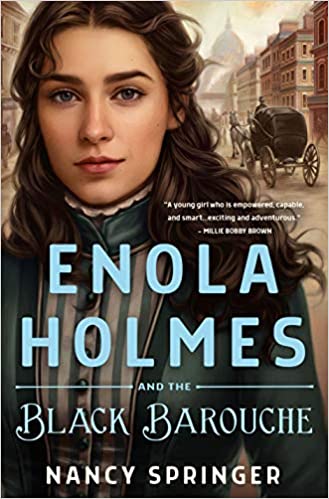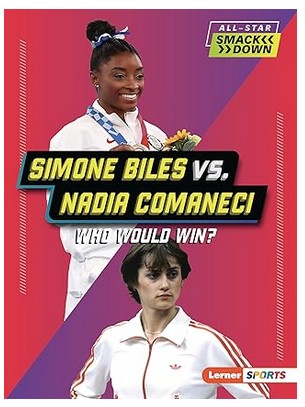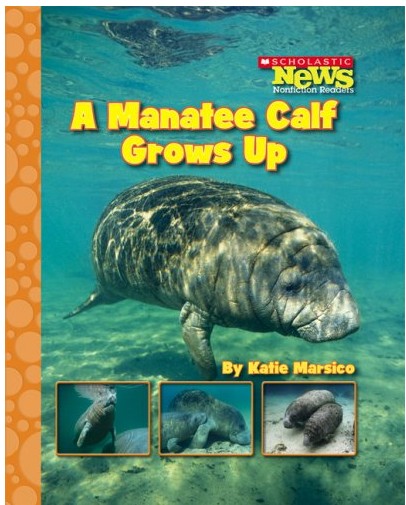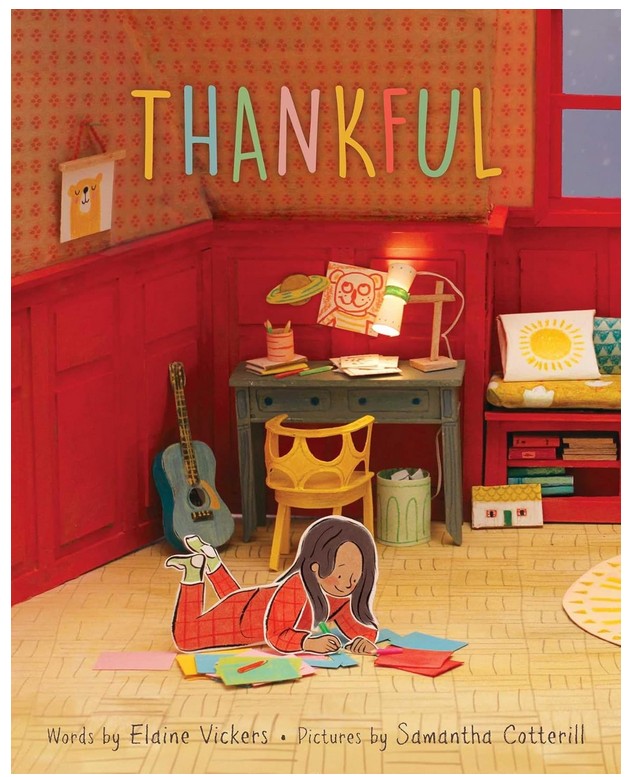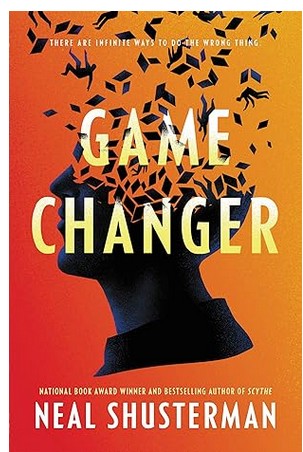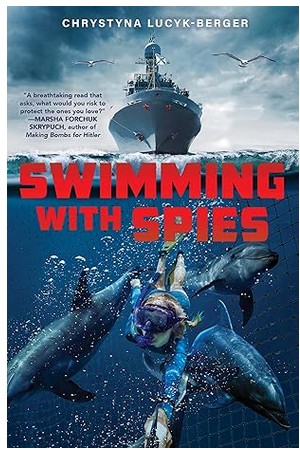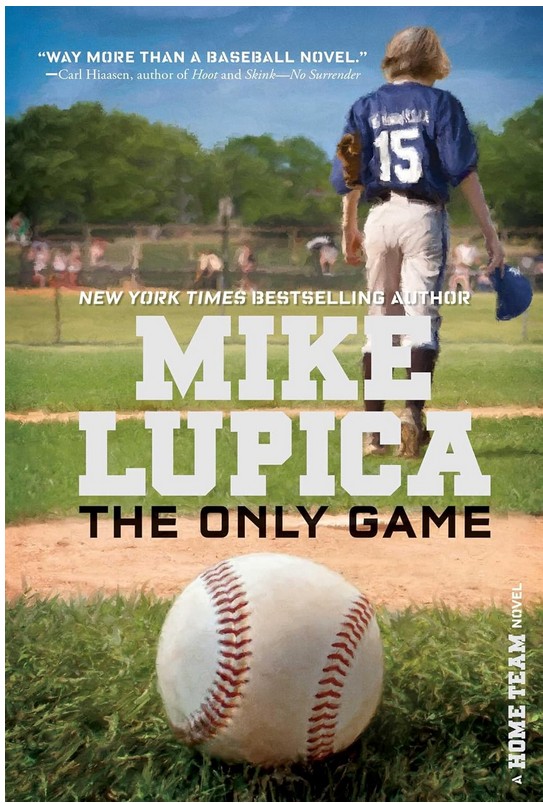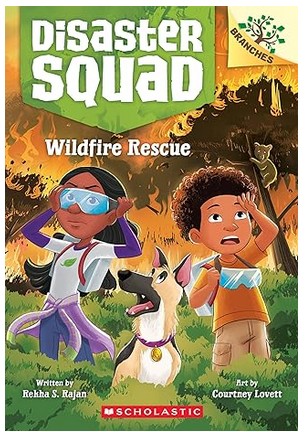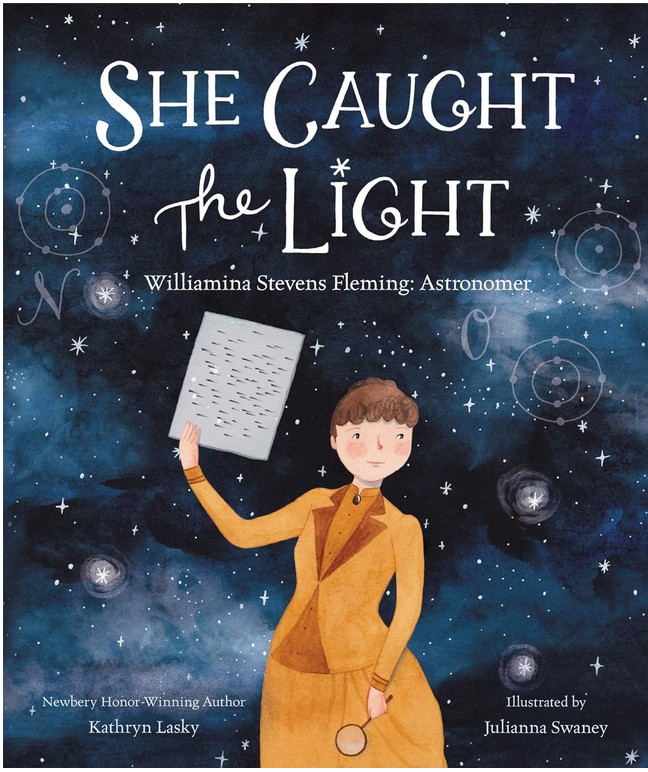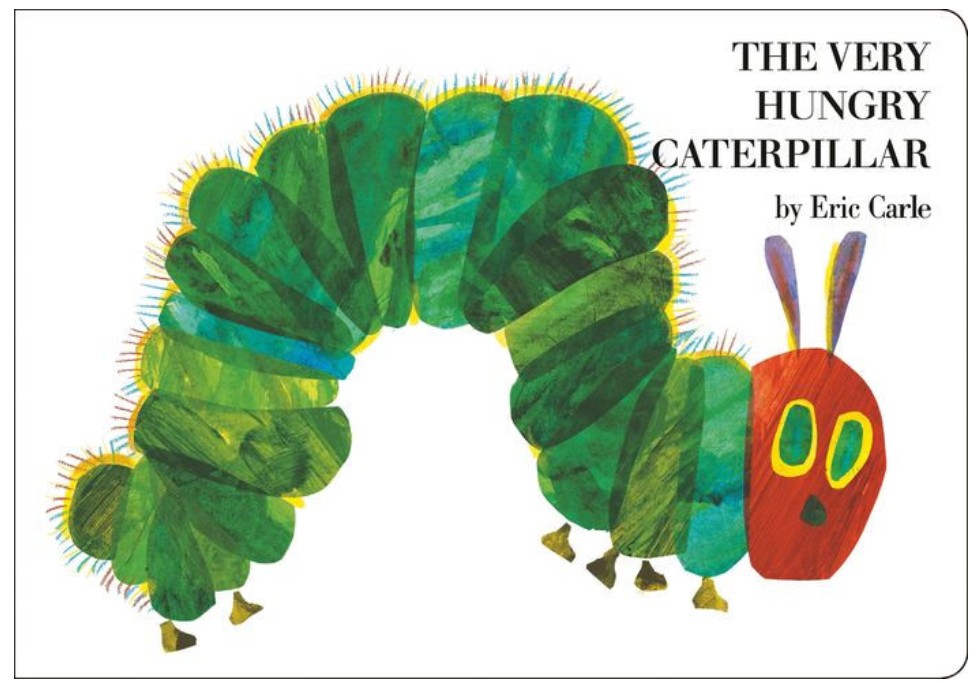Set in the Republic, what was once the western United States, the world of Legend dives into the lives of two intelligent fifteen-year-olds, Day and June, who come from completely different backgrounds. Amid a war splitting the nation apart and a plague spreading throughout the Republic, Day and June must try to navigate the twists and turns of their own lives.
Day is a wanted criminal from the slum sector who failed his Trials – a test every ten-year-old must take that determines how useful they will be to the government. Despite hiding from the Republic’s military, Day is trying to provide for his brothers and mother. When Day finds out his younger brother Eden has been infected with the plague, he tries to steal medicine and starts to uncover things the Republic wants hidden.
June is the Republic’s star student, who comes from an upper-class military family and had a perfect score during her Trials. She attends the top university and lives with her brother, Metias, a respected military officer and June’s guardian. However, when Metias is killed, the Republic tasks a grieving June to avenge her brother’s death and find the prime suspect: Day.
Their missions lead Day and June to meet each other and they unexpectedly discover an inexplicable attraction to each other. The two uncover a truth that the Republic wants to keep hidden. Soon, Day and June realize they must work together to understand the extent the Republic will go to keep its dark secrets.
Legend is a page-turning dystopian story that stars two quick-witted and strong characters that are trying to figure out who they are in a world of conflict and deceit. Both Day’s and June’s perspectives are told from first-person point of view. To help readers avoid confusion, the text’s fonts and colors change to distinguish the chapter’s speaker. By allowing the reader to experience both sides, they can learn new information alongside the characters. Readers will become more connected with the characters and understand how they feel, making both June and Day relatable and likable.
The story includes an array of issues such as classism, morality, trust, the effects of standardized testing, and the value of family. The subjects are well-integrated into the plot without being shoved in the reader’s faces. The book clearly lays out and compares the differences between Day’s poor background and June’s wealthy upbringing, exposing the vast inequalities. The Trials are a method of standardized testing split into three parts: the physical exam, the interview, and the written exam. Children take the tests to determine if they will be helpful to the military. While both Day and June are smart in their own ways, Day is not supportive of the Republic so he is ostracized and punished.
Legend is perfect for dystopian fans who like action, mystery, and a little bit of romance. The story is dramatic, intense, and has good pacing. The plot is understandable and thought-provoking, although some of the twists are a little predictable. The theme that nothing is as it seems shines as the deception of the government and the innocence of Day is revealed. Overall, Legend is a strong start to a trilogy that uses a believable situation to encourage readers to stick to their morals, even when it makes life difficult. Readers looking for more fast-paced dystopian novels will also enjoy the Matched Trilogy by Ally Condie.
Sexual Content
- While roaming the streets, Day wanders into a bar and chats with a bartender. Day thinks, “If I weren’t busy hunting for information, I’d take my time with this girl, chat her up and maybe get a kiss or three out of her.”
- After helping June recover from her injuries from a fight, Day studies June. Day thinks, “At this moment all I’m thinking about is what I’d give up for the chance to kiss her or to run my fingers through her dark hair.”
- There are several instances that both Day and June are imagining kissing and touching each other. Day says that “nothing good can come out of falling for someone on the streets.” But he admits, “a part of [him] still wants to kiss her, no matter how cracked a move it might be.”
- Day and June are talking and drinking nectar wine when they kiss. Day “kisses [her] gently at first and then, as if he’s reaching for something more, he pushes [her] against the wall and kisses [her] harder.”
- The following day, Day thinks about kissing June. Day can “still feel her lips against mine, the smooth, soft skin of her face and arms, the slight trembling of her hands.” June says he has kissed lots of girls before her, but that June is different and he “[wants] more.”
- A jealous Thomas, a Republic soldier, brings June back to her apartment, asking if Day had kissed her. She says it was for the mission. “Then, before I can protest, one of Thomas’s gloved hands brushes my chin as he leans in to kiss me on the lips.” June is repulsed and pulls away but his hand stays on the back of her neck.
- June has a dream. “Day has his arms wrapped around me and is kissing me again and again, his hands running up my arms and through my hair and around my waist, his chest pressed against mine, his breath against my cheeks and neck and ears.”
- In the aftermath of their escape, June and Day talk about what happened. They hug and, “she wipes a tear from [his] cheek and kisses [him].”
- Day and June discuss a plan to go to The Colonies. Day is appreciative that June wants to stay with him and kisses her while June “wraps [her] arm around his neck and kiss[es] him back.”
Violence
- While soldiers are inspecting the Lake sector for plague-infected people, a woman wanders into the street. A soldier “lifts his gun and aims. A volley of sparks engulfs the infected woman.”
- To find a cure for his plague-ridden brother, Day infiltrates the hospital. To make the doctor show him where the cures are stashed, Day “whip[s] out one of [his] knives and hold[s] it close to the man’s throat.”
- While Day is escaping from the hospital, soldiers fire at him. “One of the stray bullets scrapes [Day] and searing pain shoots up [his] arm.”
- After Day escapes from the hospital, Metias confronts him. Metias tries to take him into custody, but “before he can fire, my knife hits him hard in the shoulder and he falls backward with a thud.”
- The Republic soldiers have captured a spy from the Colonies and are torturing him in an interrogation room. “Whenever he thrashes, Commander Jameson stomps on the chain around his neck and chokes him until he stops.”
- Day is watching and betting on a Skiz fight between Kaede, the bartender, and another girl. “Kaede strikes early and hard, lunging out and striking the other girl viciously across the face.” After another punch, the girl “crashes to the ground, hitting her head on the cement floor.” This fight scene lasts two pages.
- June stumbles into a Skiz fight where viewers bet on two fighters. When someone loses, they are kicked out of the tournament while the winner picks the next contestant. June is fighting Kaede, a fan-favorite fighter. During the fight, “Kaede’s fist punches hard into [her] side, and [she] feel[s] a terrible, sharp pain.” June is stabbed, thinking that, “Only a serrated knife could have torn [her] skin that way.” June ends the fight by ‘twist[ing Kaede’s] arm in a tight hold. In one move, [she] shatter[s] it.” By the end of the fight, June’s side is bleeding. The fight lasts three pages.
- While June is trying to escape the crowd who wants her to continue fighting, “Someone grabs [her] leg and yanks hard. [She] hit[s] [her] head hard enough to send the world spinning.”
- The Republic military goes to Day’s house to take his family into custody. Thomas, a Republic soldier, kills Day’s mother when he “shoots her in the head.” From June’s perspective, she thinks she’s supposed to “feel the joy of avenging [her] brother’s death.” But she can’t. “The pool of blood underneath the woman is starting to make [her] feel sick.”
- The soldiers capture Day and are trying to bring him into headquarters. When he fights back, “one soldier kicks him hard enough to knock him out.”
- While Day is in custody, soldiers beat him, and he sustains many injuries. “The girl looks down, then takes a gun from her belt and strikes me hard across the face.”
- The Republic is showing the civilians that they caught the infamous criminal Day, but some protesters in the crowd cause a ruckus, irritating soldiers. “One of the soldiers restraining me strikes me in the back with his rifle.”
- After Day is taken into custody, June goes to talk to him and observes his injuries. “His lips are so cracked that a little blood has trickled down to his chin.” His leg “is swollen to twice its normal size,” and, “Blood oozes from the edges of the bandage.”
- Hundreds of protestors gather outside of Batalla Hall and soldiers are sent to deal with them as they become unruly. Soon enough, “Bullets rain down on the square. People in the crowd collapse like levees in a flood.” Afterward, June scans “the scene of blood and bodies and prisoners. There are 97, 98 dead. No, at least 120. Hundreds more are in custody.”
- There is mention of death by execution in several scenes. When a judge announces the verdict for Day’s crimes, he says, “Day is hereby sentenced to death…by firing squad, to be carried out four days from today, on December twenty-seventh at six p.m. . . ”
- A soldier, Thomas, goes into Day’s cell to interrogate him. “His left fist hits me hard across the jaw, and my head snaps to the side.” By the end of the fight, Day’s face is bleeding, and it can be assumed that he is badly bruised because, “He hits me again, then one of his knees slams into my stomach.” Thomas also threatens Day’s brothers, saying that Day should, “Watch [his] tongue, unless [he] want[s] to see their bodies lined up next to [his] mother’s.” The confrontation lasts for three pages.
- Day attempts to break out of prison. “I swing back down, kicking one soldier in the head with my good leg.” The escape is described over two pages.
- After Commander Jameson prevents Day from escaping, she has a violent confrontation with Day. “Before she can stop me, I dart out of her grasp and sink my teeth deep into her hand.”
- Day has a flashback to his childhood when he accidentally hit a policeman with a ball while playing with his brother John in the street. The police officer punishes him for it when “he lifts the knife and gets ready to hit [Day] across the face with its handle.” John tries to plead with the police to stop him but, “The knife handle whips [him] across the face. The policeman walks over and kicks [him] in [his] side.”
Drugs and Alcohol
- One night, Day and June talk to one another, and “a bottle of nectar wine sits between us.”
Language
- Hell and damn are both used once.
Supernatural
- None
Spiritual Content
- None
